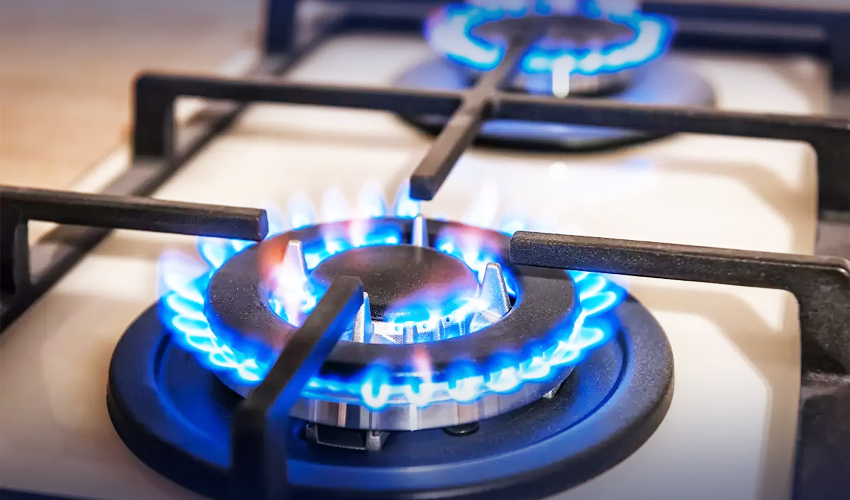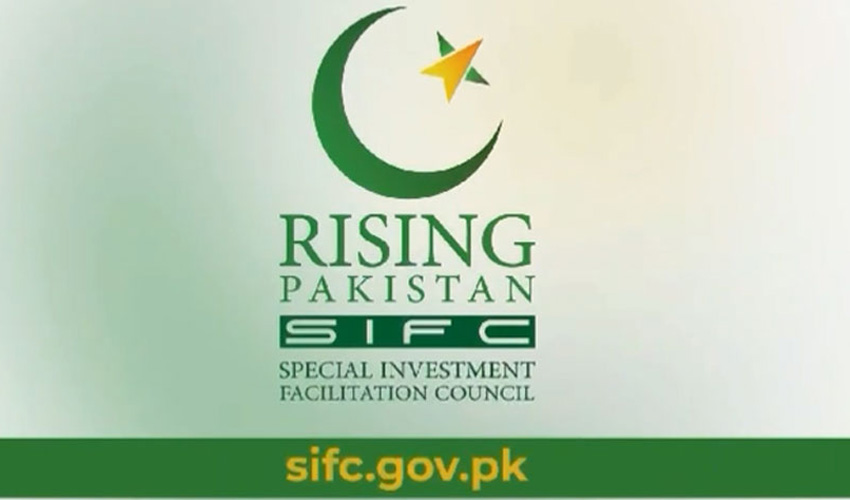In a crucial decision, the Economic Coordination Committee (ECC) on Monday approved a significant hike in gas tariffs for domestic, commercial, and industrial consumers.
The meeting, chaired by the caretaker finance minister, Shamshad Akhtar, also greenlit the import of one million metric tons of wheat from abroad to maintain strategic reserves.
The revised gas tariff, set to come into effect from October 1, 2023, follows recommendations from the petroleum ministry, sources report.
The delay in raising gas prices had far-reaching consequences, with Sui gas companies reporting staggering losses of approximately Rs. 46 billion.
Earlier, in response to this financial hemorrhage, the International Monetary Fund (IMF) conveyed its reservations to the ministry, asserting that the interim government's failure to raise gas prices goes against an earlier agreement.
As a result, the IMF is pushing for a substantial increase in gas rates to recover the losses incurred between July and September.
The accumulated losses represent a significant burden on the energy providers and raise concerns about their long-term financial stability.
The IMF has expressed its willingness to revisit the existing financial agreement with the interim government to consider the prevailing economic circumstances.
This review may lead to revised terms to ensure fiscal sustainability and prevent further adverse impacts on the energy sector.
The government now finds itself in a challenging balancing act, striving to meet the demands of international financial institutions like the IMF while also taking into account the potential backlash from the public and various stakeholders. Any decision to increase gas rates is expected to have a significant impact on consumers and various industries, making this a complex and politically sensitive issue.


























